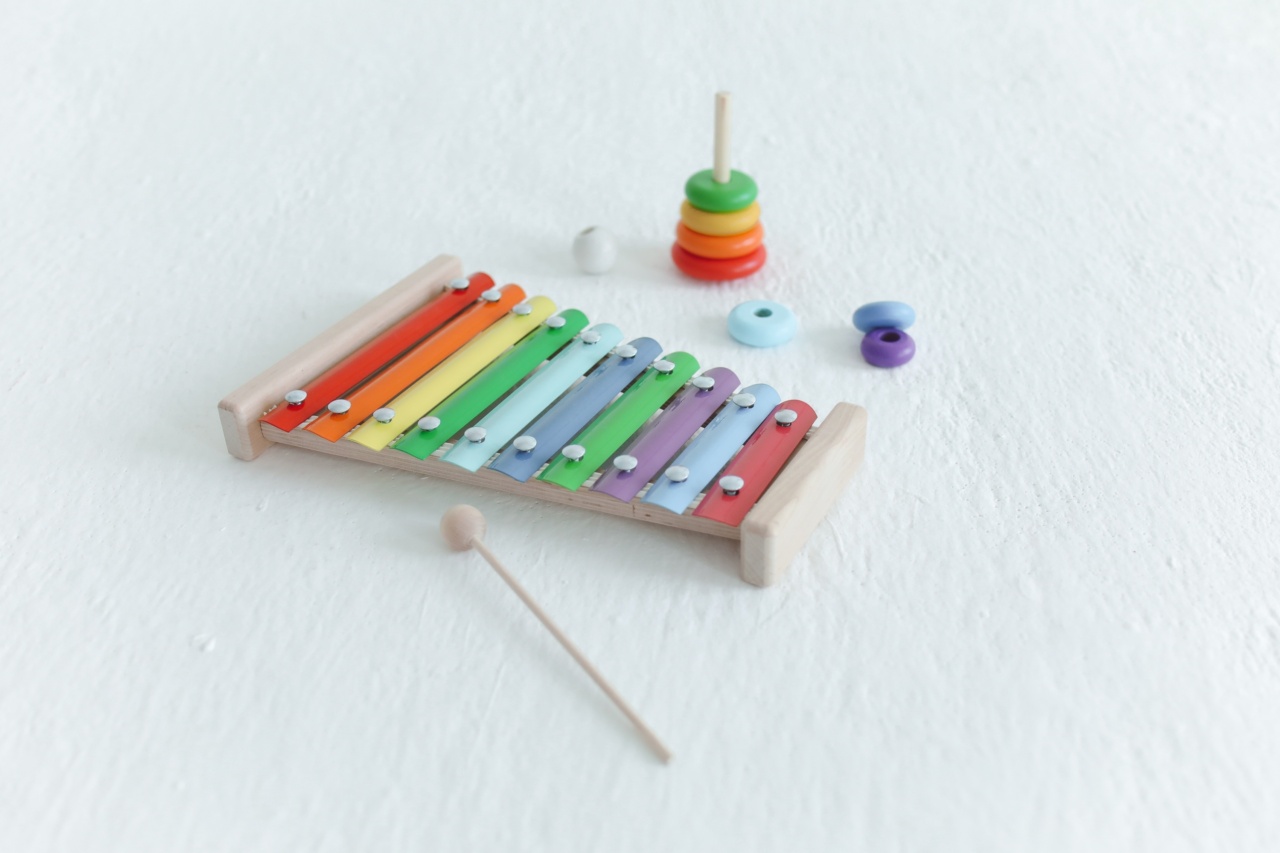Music is a part of almost every culture worldwide, and recent studies have shown that music can have a significant impact on cognitive development in infants.
Studies in the past have suggested that music can help improve cognitive development and the ability to learn, and recent findings have confirmed this notion. Music can activate different areas of the brain that are responsible for cognitive functions like memory, language, and attention, making it an ideal learning tool for infants.
Early Exposure to Music
One of the most significant benefits of music for infants is its ability to enhance cognitive development.
Infants who are exposed to music early on in life often experience improvements in cognitive development, including increased focus, better language and communication skills, and better memory. In fact, studies have shown that infants exposed to music show a greater ability to recognize patterns, which is a key factor in cognitive development.
Furthermore, infants who have early music exposure tend to exhibit a greater ability to learn new concepts, leading to better overall academic performance later on in life.
Music and Memory
Perhaps one of the most significant benefits of music for infants is the impact that it has on memory. Music is an excellent tool for improving memory, as it is highly structured and repetitive, making it easy for infants to learn and remember.
Researchers have found that music can help enhance memory by stimulating the neural pathways responsible for memory recall. Furthermore, music can also help improve long-term memory, which is particularly important for infants who are learning new concepts and ideas on a daily basis.
Music and Language Development
Music also has a significant impact on language development in infants. Infants who are exposed to music early on tend to have better language development skills, particularly in terms of vocabulary acquisition and phonemic awareness.
Music has been found to help improve language development by stimulating areas of the brain responsible for language processing, making it an excellent tool for improving language skills in infants.
Music and Attention
Music is also a fantastic tool for improving attention in infants. Infants who are exposed to music tend to have better attention spans, improved focus, and greater ability to concentrate on tasks.
Music can help improve attention by stimulating the frontal lobes of the brain, which are responsible for cognitive functions like attention, focus, and concentration. Furthermore, music also has a calming effect on infants, which can help them relax and focus on tasks without becoming overwhelmed or distracted.
Benefits of Musical Interaction with Caregivers
While infants can certainly benefit from music on their own, musical interaction with caregivers can have an even greater impact on cognitive development.
Musical interaction between infants and caregivers can help improve social development, cognitive development, and emotional development. Infants who engage in musical activities with their caregivers tend to have better communication skills, greater social skills, and better emotional regulation, making them well-rounded individuals with improved quality of life.
Conclusion
Music is a powerful tool for enhancing cognitive development in infants. Early exposure to music can lead to improvements in memory, language development, attention, and overall cognitive functioning.
Furthermore, musical interaction with caregivers can help infants develop key social, emotional, and cognitive skills, leading to better overall quality of life. By incorporating music into the daily routines of infants, caregivers can help set the stage for a lifetime of improved cognitive function.





























